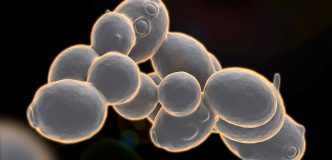
Levures OEnologiques
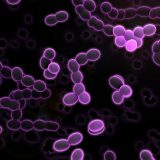
Bacteries OEnologiques
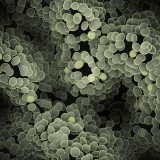
Nutriments et Protecteurs de Levures
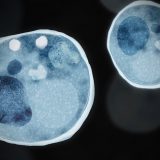
Levures Specifiques Inactivées
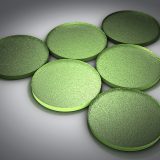
Enzymes
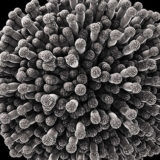
Chitosane
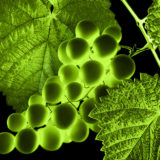
Applications à la Vigne

Selected by the ICV Languedoc, France
Espèce
Saccharomyces cerevisiae cerevisiae
Facteur de competitivité
Actif
Contribution sensorielle
Enhances varietal aromas
Cabernet Franc
Berry, Rosé style
Cabernet Sauvignon
Berry, Ageable tannins
Merlot
Berry, Ageable tannins
Nebbiolo
Plum jam, tannin intensity, color stability
Petite Syrah
Fruit
Pinot Noir
Red fruit
Roussanne
Citrus
Sangiovese
Berry, Tannin intensity, Mid-palate enhancement, Color stability
Syrah
Fruit, Color stability
Tempranillo
Berry, Tannin intensity, Mid-palate enhancement
Zinfandel
Berry

Vin blanc

Vin rosé

The “terroir” yeast
Lalvin ICV D21® was isolated in 1999 from the Pic Saint Loup Languedoc “terroir” during a special regional program run by the Institut Coopératif du Vin (ICV) Natural Micro-Flora Observatory and Conservatory. ICV D21® was selected for fermenting red wines with stable color, intense fore-mouth, mid-palate tannin structure, and fresh aftertaste. Unlike most wine yeasts, ICV D21® contributes both higher acidity and positive polyphenol-reactive polysaccharides. Strong interactions of the polysaccharides with the floral and fruity volatile compounds contribute to a more stable aromatic profile in the mouth. These attributes avoid the development of cooked jam and burning-alcohol sensations in highly mature and concentrated Cabernet sauvignon, Merlot and Syrah. During fermentation, ICV D21® produces very few sulfides, and it is also noted for its good fermentation performance, even under high temperature and low nutrient conditions. It allows for the expression of fruit from the grapes while reducing the potential for herbaceous characters in Cabernet sauvignon. When blended with wines fermented with Lalvin ICV D254® and ICV D80®, ICV D21® brings fresher, sustained intense fruit and lively sensations beginning in the fore-mouth and carrying through to the aftertaste. ICV D21® is also used in very ripe white grapes, barrel fermented to develop fresh fruit aromas, volume and acidity that complement wines fermented with Enoferm ICV D47™ in blends. Rosé wines fermented with ICV D21® have enhanced red fruit, fore-mouth volume and balance, making it the perfect blending complement to rosé wines fermented with Lalvin ICV GRE™.Vitesse de fermentation
Modérée
Production de glycérol
Élevée
Phase de latence
Très courte
Besoin en Azote
Bas
Tolérance à l'alcool
16 %
Acidité volatile
Élevée
Production de SO₂
Modérée
Température max.
30 °C
Température min.
16 °C
H₂S 170 ppm
Bas
H₂S 60 ppm
Bas
Réaction à l'ajout d'oxygène
Basse
Production d'éthanal
Basse



